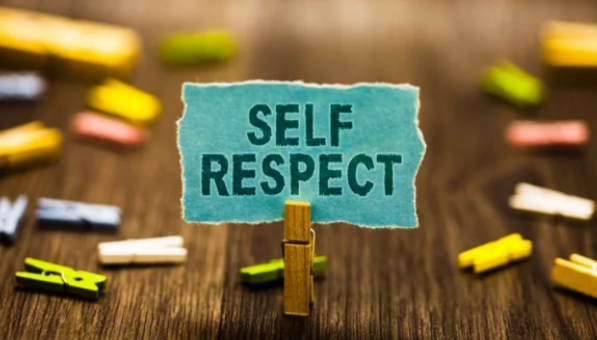
In today’s fast-paced and digital world, it can be easy to get caught up in the hustle and bustle of everyday life. We often find ourselves multitasking, constantly checking our phones, and worrying about the future or dwelling on the past. Amidst all this chaos, it can be easy to forget the importance of being present in the moment.
Being present in life means fully engaging in the here and now, without being weighed down by concerns about the past or the future. It means being aware of your surroundings, the people you are with, and the tasks at hand. It means giving your full attention to whatever you are doing, whether it’s having a conversation with a friend, enjoying a meal, or taking a walk in nature.
Being present in life also means being mindful of your thoughts and feelings. It means acknowledging any negative emotions or stressors you may be experiencing, but not allowing them to consume you. It means being able to let go of your worries and fears, and simply be in the moment.
When we are present in life, we are better able to connect with ourselves and others. We are more attentive, empathetic, and compassionate towards those around us. We are able to truly listen and engage in meaningful conversations. Being present also allows us to fully appreciate the beauty and joy in everyday moments, and to find gratitude in even the smallest of things.
Being present in life can also have numerous benefits for our mental and physical well-being. Research has shown that practicing mindfulness and being present can reduce stress, anxiety, and depression. It can improve our focus, memory, and cognitive abilities. It can also enhance our relationships and overall sense of fulfillment and happiness.
So, how can we practice being present in our daily lives?
One way is to incorporate mindfulness exercises into our routines, such as meditation, deep breathing, or simply taking a few moments to pause and notice our surroundings. It can also be helpful to limit distractions, such as putting away our phones or turning off the TV when spending time with loved ones.
Ultimately, being present in life is a choice that we can make each and every day. It requires us to slow down, tune into our senses, and savor the moments that make life worth living. By being in the moment, we can cultivate a greater sense of awareness, gratitude, and joy in our lives. So let’s all take a moment to pause, breathe, and be fully present in the here and now.










